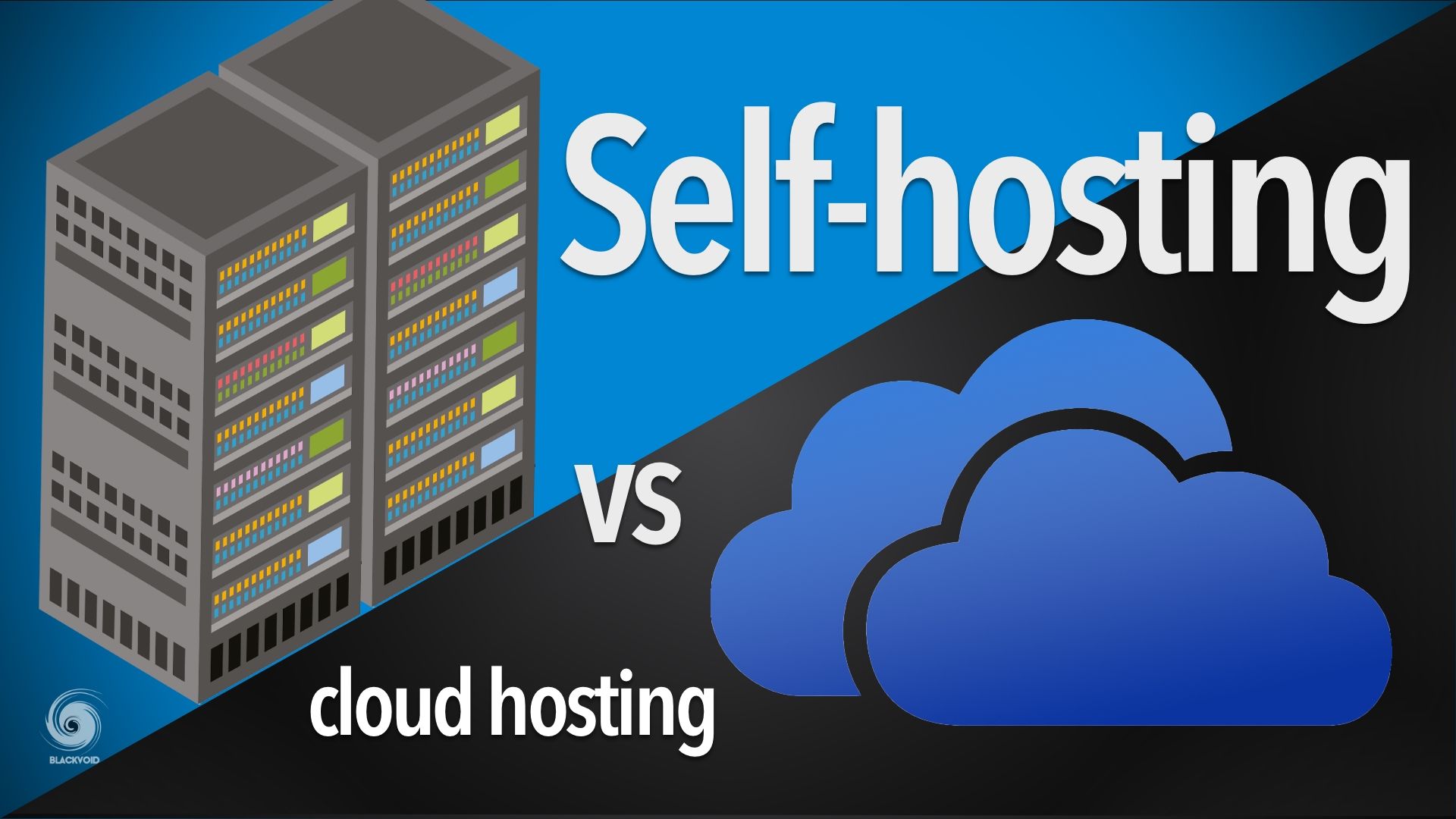this post was submitted on 29 Jun 2023
133 points (100.0% liked)
Technology
37735 readers
45 users here now
A nice place to discuss rumors, happenings, innovations, and challenges in the technology sphere. We also welcome discussions on the intersections of technology and society. If it’s technological news or discussion of technology, it probably belongs here.
Remember the overriding ethos on Beehaw: Be(e) Nice. Each user you encounter here is a person, and should be treated with kindness (even if they’re wrong, or use a Linux distro you don’t like). Personal attacks will not be tolerated.
Subcommunities on Beehaw:
This community's icon was made by Aaron Schneider, under the CC-BY-NC-SA 4.0 license.
founded 2 years ago
MODERATORS
you are viewing a single comment's thread
view the rest of the comments
view the rest of the comments

My comment in the selfhosted community a few weeks ago is still pretty much up to date.
I have added a new Lemmy instance in the cloud I am planning to host a project I am building on, and planka in my homelab as a todo list and poor man's IPAM sort of tool. I have also shut down the Minecraft server I was running for a friend as they decided to move it to "Worlds" or something.
I have also grown a little more confident in gluster. I still think there is a better solution possible, but I haven't seen it out there, and am not sure any such juice would be worth the squeeze.
Most of it has been pretty hands-off to deal with. The storage has been the thing I have poured most of my time into. Trying to achieve multi-server and multi-disk fault tolerance, incremental capacity scalability at a disk and server level, and not being stuck with massive overhead (e.g. 3x replication) seems like mostly a pipedream at this point...